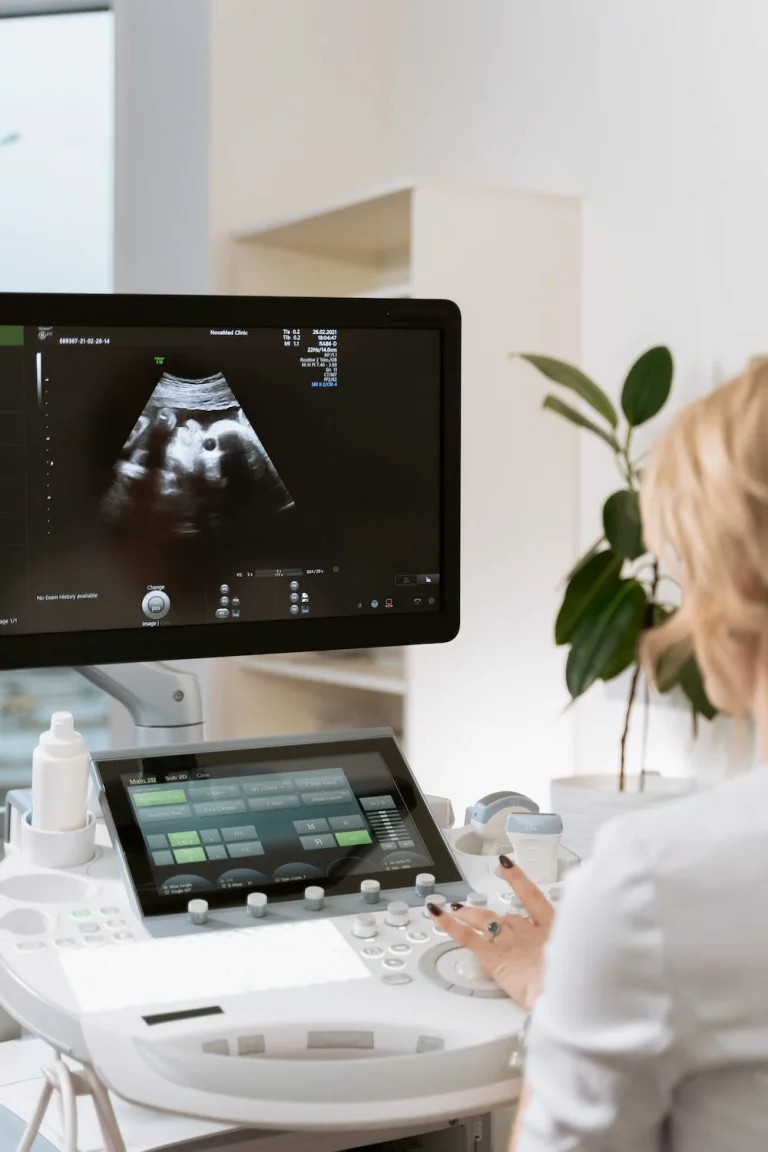Helping a loved one cope with memory loss is admirable even if it’s a simple as helping your loved ones find the medical care they need. When a loved one has Alzheimer’s disease, it progresses in seven stages. The seven stages are known to medical professionals as the Global Deterioration Scale (GDS).
When someone you are close to has trouble remembering the best way that you can help them is to be there for them and show them visual representations of memories like photos and videos. There are tools you can use to bring back feelings of joy into their hearts like a journal or memory book.
Forgetfulness
Being forgetful may not necessarily mean that you’re in the beginning stages of Alzheimer’s disease. Everyone misplaces things and is forgetful when dealing with a hectic life schedule. Forgetting directions and someone’s name who you just met doesn’t automatically mean that you should take a trip to the doctors.
Forgetfulness in the elderly usually begins by forgetting names and losing things. For the elderly over the age of 65, this can be normal and shouldn’t be cause for alarm. Finding the correct word and difficulty learning are also common age-appropriate memory loss difficulties. Early-onset Alzheimer’s can happen at any age and if you feel as though you’re memory is deteriorating you should go see a doctor.
Stages of Alzheimer’s Disease
Wouldn’t it be unreal if one day you have all of your memories and then the next you’ve forgotten your own name or how to brush your teeth? For some people with traumatic brain injuries, this is their truth, but for those who suffer from Alzheimer’s disease, their memory loss happens in stages.
The seven stages of Alzheimer’s are used by medical professionals to determine the retention capacity and level of care necessary for patients suffering from memory loss. Stages one to three are the pre-dementia stages and stages four to seven are the dementia stages. Stage five is the stage in which a person can no longer survive without assistance. Some doctors categorize these stages as early, mid and end stages to help patients understand the level of care necessary to cope with the memory loss at those stages.
Memory Book
Pictures and videos of shared memories can help people with memory loss remember moments rather than remember facts. For those with Alzheimer’s remembering the way you felt during your first kiss is easier to remember than the name of the person you kissed. Similar to a scrapbook, a memory book is a collection of memories and photos. Your loved one can use memory books to remember the moments of love that brought them joy throughout their lifetime. You can create these books with text and scanned photos, photos in storage clouds and social media, or digital photos that were taken from private photo storage databases to create pictographic memories that will bring a smile to your loved ones face in the time that they feel the most frustrated.
Alzheimer’s in its’ early stages can feel like forgetfulness if you notice that your loved one is not remembering things at a normal rate seek medical attention as soon as possible. If your loved one is having difficulties recalling names and places and you’d like to help them remember their feelings of joy create memory books, share videos with them and sing songs that would remind them of the good times.
Life is unpredictable and you never know what may happen in the future. Enjoy each moment that takes your breath away and take lots of photos and videos to cherish the memories indefinitely.






